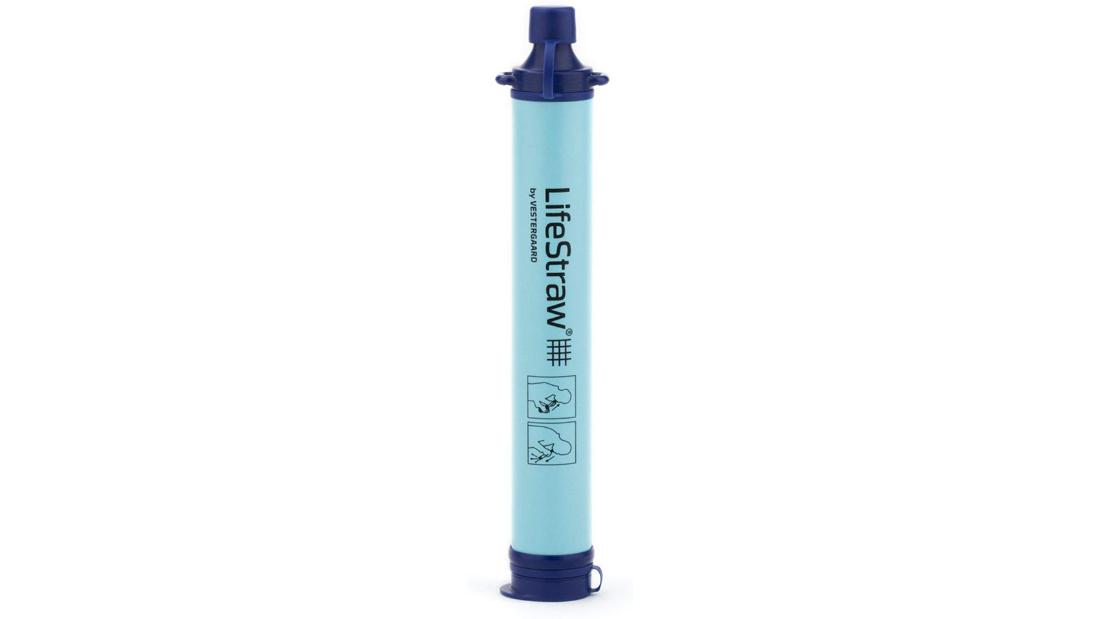You probably haven't forgotten to disinfect everything you touch, or wash your hands for at least 20 seconds, to prevent the spread of the coronavirus. But now, with more and more companies asking employees to work from home, domestic quarantine may become an increasingly popular practice.
First things first: Quarantine and isolation are different, according to the Centers for Disease Control and Prevention. Quarantine is for people who have been exposed to disease and can get sick, even if they seem healthy right now. Isolation is for people who are sick and have been diagnosed with coronavirus and are now a danger to family and visitors.
And there is a larger group of people, let's call them quarantined even if it's not technically true, they have no reason to think they've been exposed, but they stay home to reduce the risk of getting sick or passing the virus on to others .
The following guide is for healthy people who want to stay home as a way to prevent the capture and spread of this virus. And in the United States, especially since there is still limited evidence available, those who are seeking quarantine as a way to help prevent both.
Of course, if you experience any symptoms associated with coronavirus, the CDC recommends that you speak to a healthcare professional immediately.
So what exactly do you need if you want to limit, or completely eliminate, your time outdoors? First, unless you're already sick, you probably shouldn't be wearing a mask. The CDC and other health professionals have explicitly said that the masks are not effective or necessary for members of the general public who do not show any symptoms of the virus.
The masks should only be used by people in a region experiencing an outbreak, healthcare workers treating patients, and people experiencing flu-like symptoms. With that said, if you're sick and experiencing flu-like symptoms, talk to your doctor for guidance and best practices for your unique case. A mask could help prevent the spread of the virus to others in this situation.
Food
In a pandemic, the Department of Homeland Security recommends stocking up on a two-week supply of food. That, unfortunately, has already led to a lack of basic supplies in some of the major supermarkets.
Depending on your location, delivery services like Amazon Fresh and Instacart can deliver food right to your door, including long-lasting, non-perishable products like canned vegetables, rice, beans, nuts, and more. Frozen foods could also be beneficial if you are looking to cook for a family.
One thing to note: If you are concerned about keeping both you and your delivery man safe, you can leave a note asking them to simply drop off items at your door or even outside your building to limit human contact and therefore the risk of spreading the virus.
Other essential household items
Think about the items you use a lot over a two-week period. Paper products are likely to be at the top of this list, including items like toilet paper, tissues (which are scarce but available to Prime subscribers through Amazon Fresh), paper towels, and feminine hygiene products. And if you are a family with young children, you will also want diapers.
Also, if you don't have regular access to clean water, tools like straw filters and Brita filters can help you avoid having to go out and buy a ton of water bottles every few days.
LifeStraw Personal Water Filter ($ 17.47, originally $ 19.95; amazon.com)
Brita Metro Pitcher with Filter ($ 19.99; amazon.com)
First aid kits
To be prepared for any type of minor emergency that may arise, the American Red Cross recommends having a home first-aid kit on hand to treat common injuries like sprains, cuts, and more. These kits also come with common medications like aspirin and ibuprofen that can help ease headaches and reduce fever.
First aid kit - 160 pieces ($ 25.97; amazon.com)
First aid only: 299 pieces ($ 16.82, originally $ 23.75; amazon.com)
Grooming your pets
It is important to note that if you have been diagnosed with or believe you have the disease, the CDC recommends limiting your contact with your pet. That means washing your hands before and after touching, petting, and feeding your dog or cat.
Regardless of that, pets need the basics just like you do, and for that Chewy, which can also deliver right to your doorstep, is a good source of name-brand food at reduced prices. It's also easy to buy these things in bulk if necessary, as supplies are still available.
Blue Buffalo Life Protection Formula Dry Dog Food ($ 49.98; chewy.com)
Purina Pro Plan Savor Adult Dry Dog Food ($ 45.78; chewy.com)
Fancy Feast Variety Pack, Case of 24 ($ 14.88; chewy.com)
PetSafe Eatwell 5-Meal Automatic Pet Feeder ($ 44.95, originally $ 52.95; chewy.com)
Tidy Cats Litter Instant Action Immediate Odor Control Cat Litter (from $ 9.23; chewy.com)
ScoopFree Ultra-Automatic Cat Litter Box ($ 169.95, originally $ 199.99; chewy.com)
Frisco Refill Planet Friendly Dog Stool Bags, 120 Units ($ 8.04; chewy.com)
Note: The above prices reflect the price at the time of article posting.

